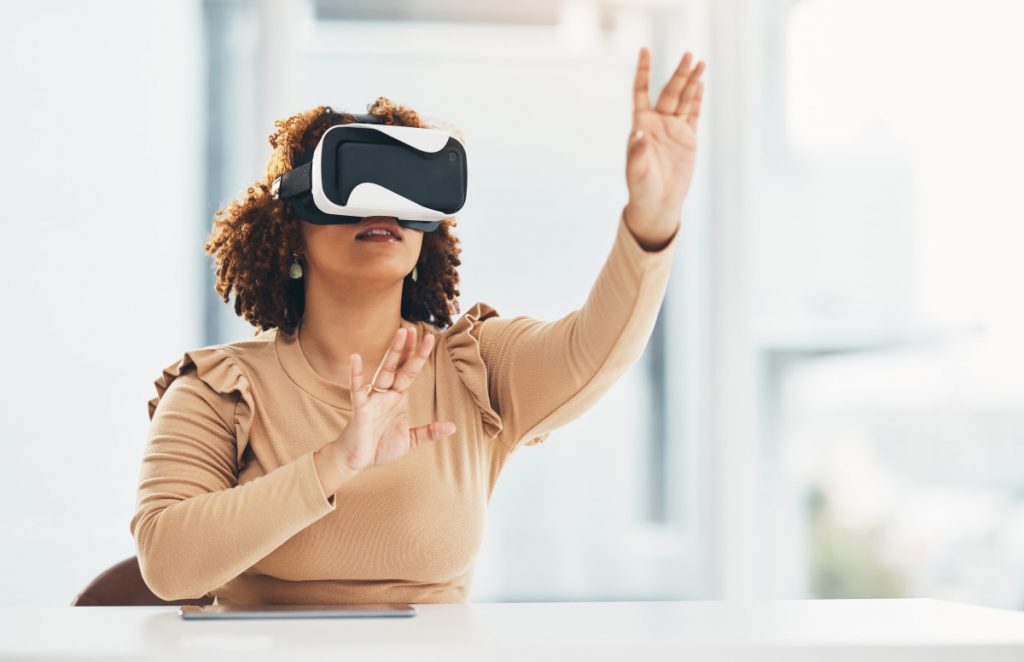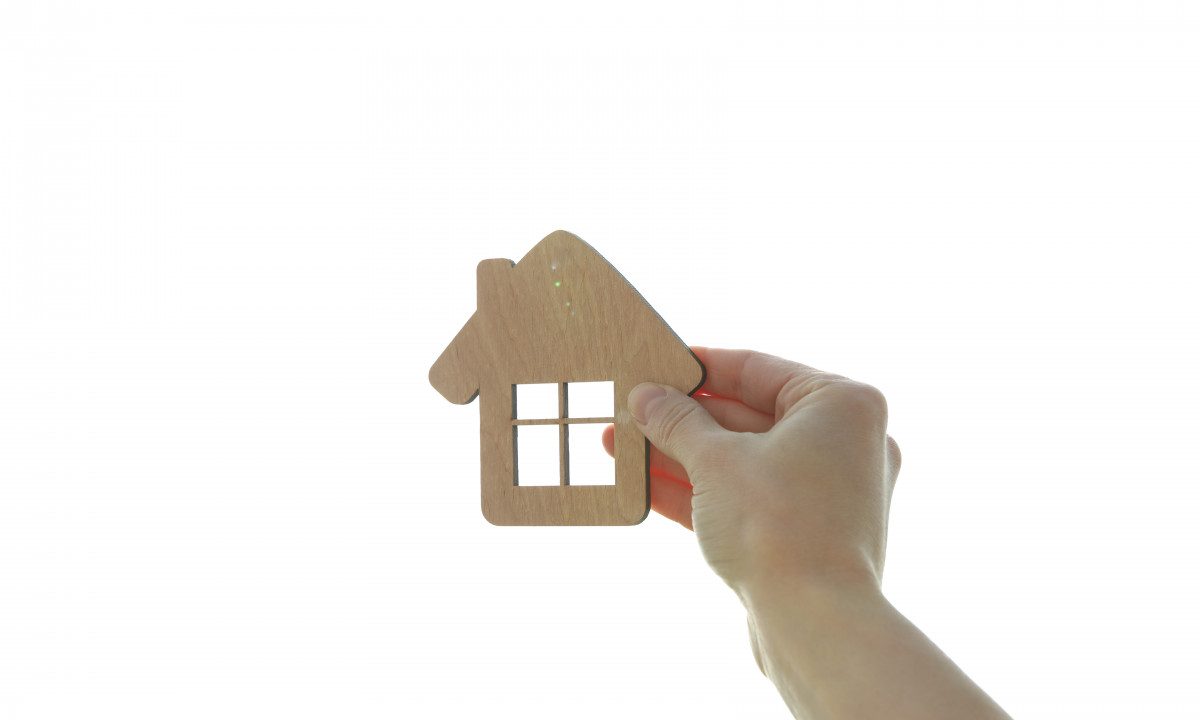Augmented Reality in Real Estate: Enhancing Property Showings
As technology continues to advance, the real estate industry has embraced innovative tools to revolutionize property buying and selling processes. One such technology is Augmented Reality (AR), which overlays virtual elements onto the real world through a device’s camera view. In this article, we explore the impact of augmented reality in real estate, focusing on how it enhances property showings and transforms the overall home-buying experience.

How Augmented Reality Works in Real Estate:
Augmented reality in real estate involves the integration of virtual elements, such as 3D models, images, and information, into the physical environment. This technology is accessible through smartphones, tablets, or AR glasses, allowing potential buyers to visualize and interact with virtual objects within a real-world context.
Enhancing Property Showings with AR:
1. Virtual Property Tours: Augmented reality enables virtual property tours, allowing potential buyers to explore properties remotely as if they were physically present. This feature is particularly useful for long-distance buyers or during situations where physical visits are challenging.
2. Real-Time Room Customization: AR empowers buyers to visualize various design and furnishing options in real-time. With a simple tap on the screen, they can change wall colors, furniture arrangements, and decor, helping them envision the potential of the property.
3. Virtual Staging: For vacant properties, AR allows real estate agents to virtually stage rooms with furniture and decorations, making the property more appealing and helping buyers see its full potential.
4. Accurate Measurements: AR apps can measure room dimensions and provide accurate information about the property’s size, allowing buyers to verify if their furniture and belongings will fit comfortably.
5. Overlaying Property Information: With AR, buyers can access real-time property information, such as price, features, and availability, by simply pointing their device at the property.
Benefits of AR in Real Estate:
The integration of augmented reality in real estate offers numerous benefits:
1. Improved Buyer Engagement: AR creates an immersive and interactive experience, capturing buyers’ attention and keeping them engaged throughout the property viewing.
2. Time and Cost Savings: Virtual property tours reduce the need for multiple physical visits, saving time and travel costs for both buyers and sellers.
3. Enhanced Decision Making: AR helps buyers make more informed decisions by providing them with realistic visualizations and relevant property data.
4. Wider Reach: With AR, real estate listings can reach a broader audience, including international buyers, leading to increased exposure and potential sales.
5. Competitive Advantage: Real estate agents and agencies that adopt AR early gain a competitive edge, as buyers increasingly expect innovative technologies during their property search.

Limitations and Future Potential:
While augmented reality brings significant improvements to property showings, some limitations exist:
1. Accessibility and Adoption: Widespread adoption of AR in real estate requires ensuring that potential buyers have access to compatible devices and are comfortable using the technology.
2. Accuracy and Realism: To be effective, AR applications must provide highly accurate and realistic virtual representations of properties.
3. Data Security: AR apps may collect user data during property viewings, raising privacy and security concerns that need to be addressed.
Conclusion:
Augmented reality is transforming the real estate industry by enhancing property showings and delivering an immersive and interactive home-buying experience. Through virtual property tours, real-time room customization, and virtual staging, AR empowers buyers to make informed decisions and visualize their future home’s potential. Embracing augmented reality not only benefits buyers but also gives real estate agents and agencies a competitive advantage in a technology-driven market. As the technology continues to evolve, the potential for AR in real estate is limitless, promising a future where property showings are redefined by innovative and immersive experiences.





